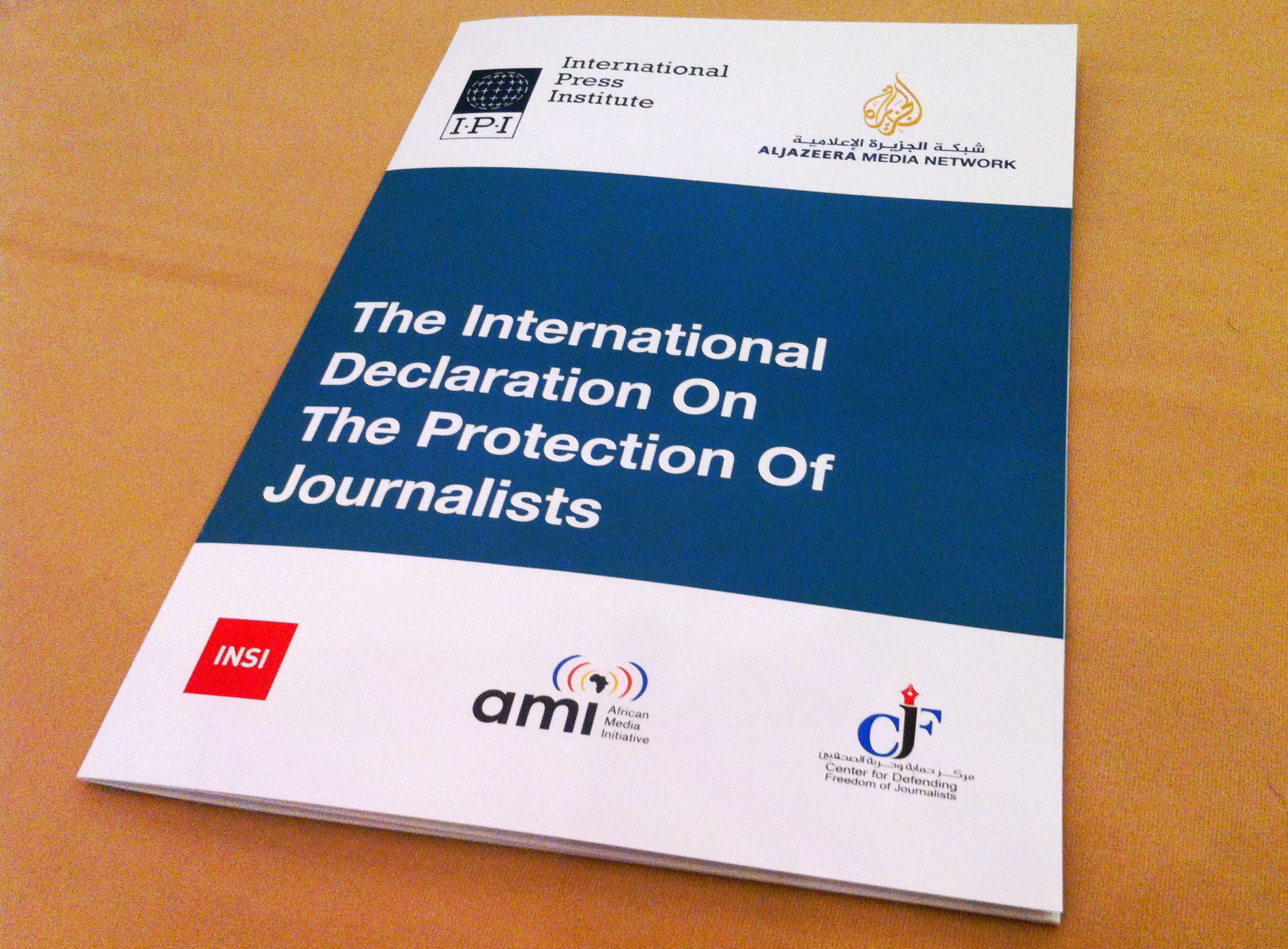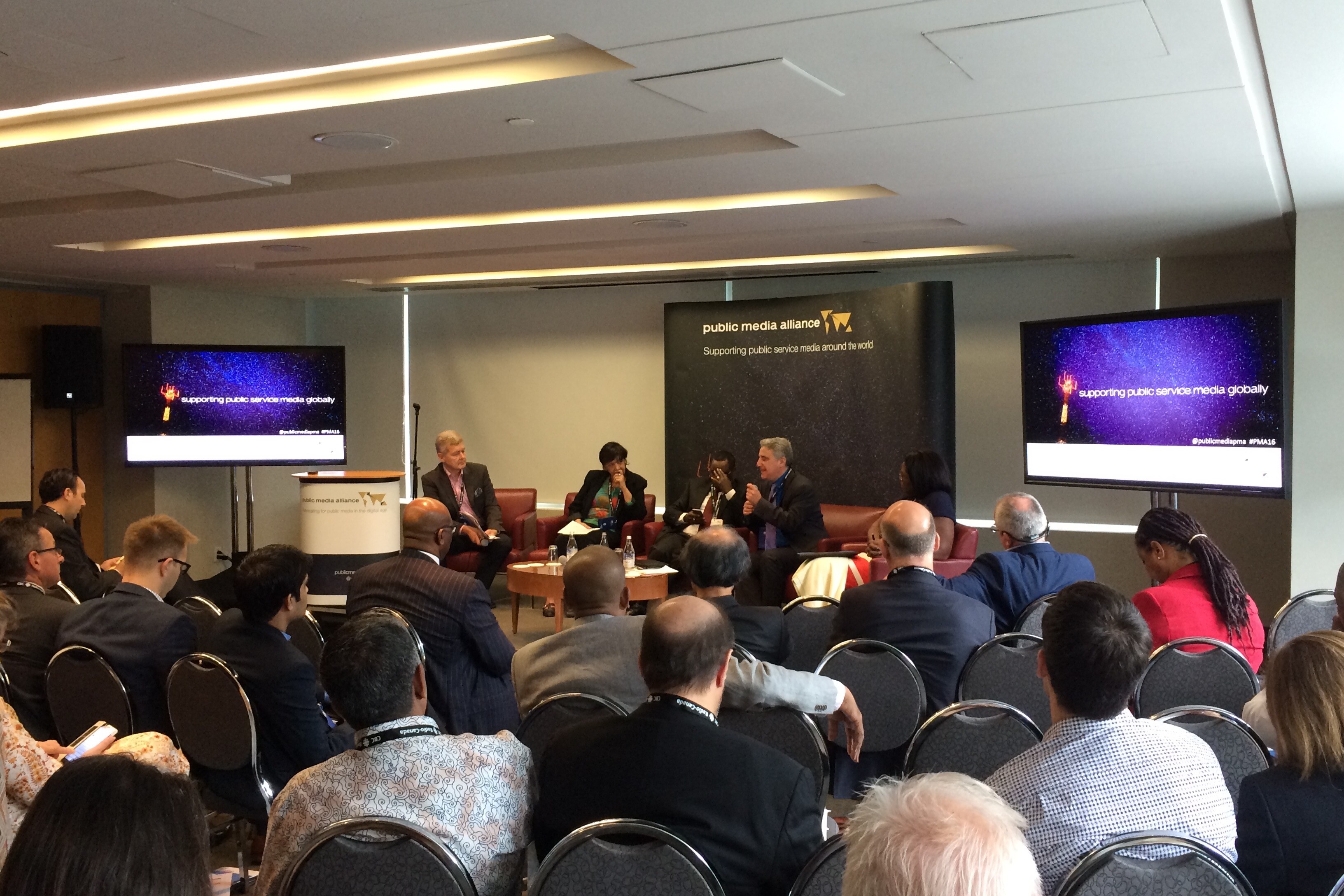Leading global media figures met in Doha for the annual World Media Summit, with the future of news and news organisations at the top of the agenda.
Hosted by Al-Jazeera, the summit took place between the 20-21 March and was attended by 350 delegates from 100 countries, including PMA President Moneeza Hashmi.
The event brought together a wide range of international news agencies, from large press outlets to smaller digital organisations, state-run outlets and public service broadcasters. These included delegates from The New York Times, Xinhua, Associated Press and the BBC amongst others.
Despite varying approaches to news production, one key aspect of the ‘future of news’ theme unified attendees: the safety of journalists, which was widely seen as a long-term existential threat.
According to the head of the International Red Cross, Yves Daccord – who spoke as part of a panel discussing the protection of journalists – 2700 journalists have been killed in the past 25 years, of which two-thirds were a direct result of murder.
Another panellist, journalist Martic Schibbye, described his time in an Ethiopian jail. He was sentenced to 11 years after being accused of terrorism whilst covering a story on the country’s oil industry. Having endured mock executions and 438 days in jail, Schibbye called for loud public and social media campaigns whenever a journalist was arrested – as reported by SBS.
In the summit’s opening statement, UNESCO’s Director for Freedom of Expression and Media Development , Guy Berger, urged media actors to ‘set the pace’ protecting journalists and supporting the UN’s Plan of Action on Safety of Journalists and the Issue of Impunity.

The two-day summit coincided with the International Press Institute’s world congress. The event, titled ‘Journalism at Risk: Safety & Professionalism in a Dangerous World’ launched its International Declaration on the Protection of Journalists, which it urged media organisations and the UN to ratify. One of its key demands urges states to “promote universal respect for, and observance and protection of, all human rights and fundamental freedoms for all”.
Beyond the safety of journalists, other sessions included the impact of technology on news reporting, audience fatigue vs. editor fatigue, and a session on the sustainability of established and start-up news outlets in the digital age.
Related Posts
10th October 2016
Public Media Alliance sparks dialogue on trust in the media
Last month, Craig Hammer opened the…
9th December 2015
Women in the Media
5th November 2013
International broadcasters in the battle for influence
The contest between public media brands…
